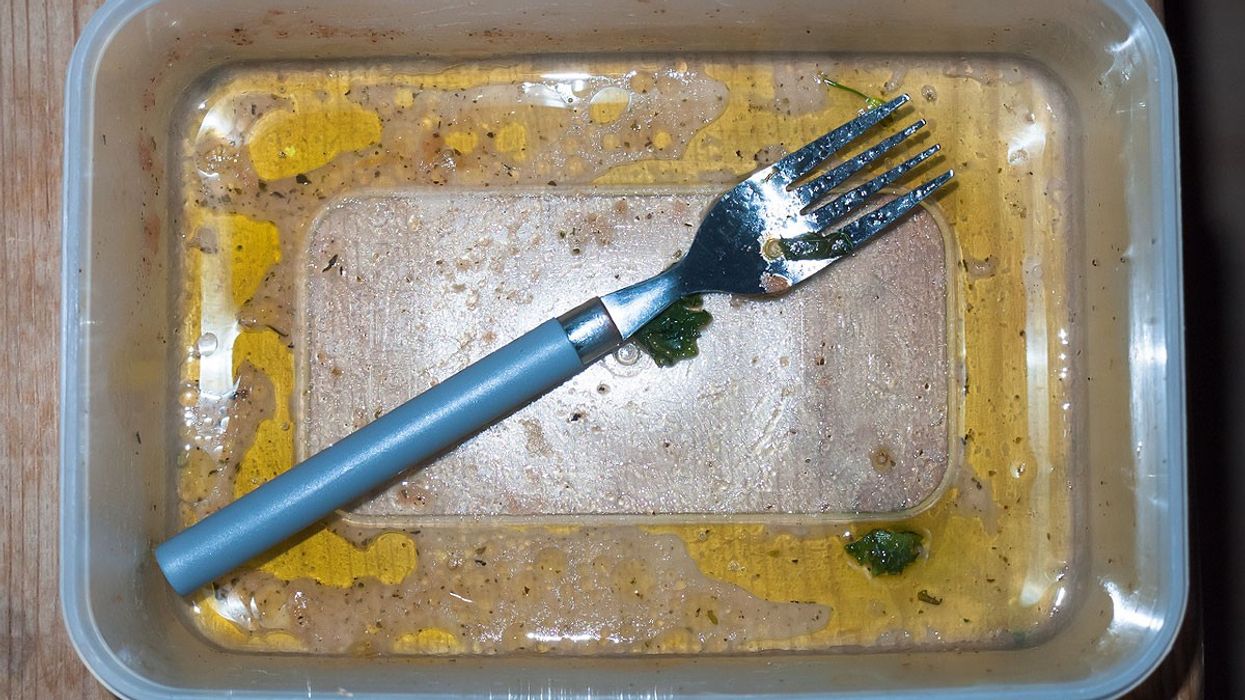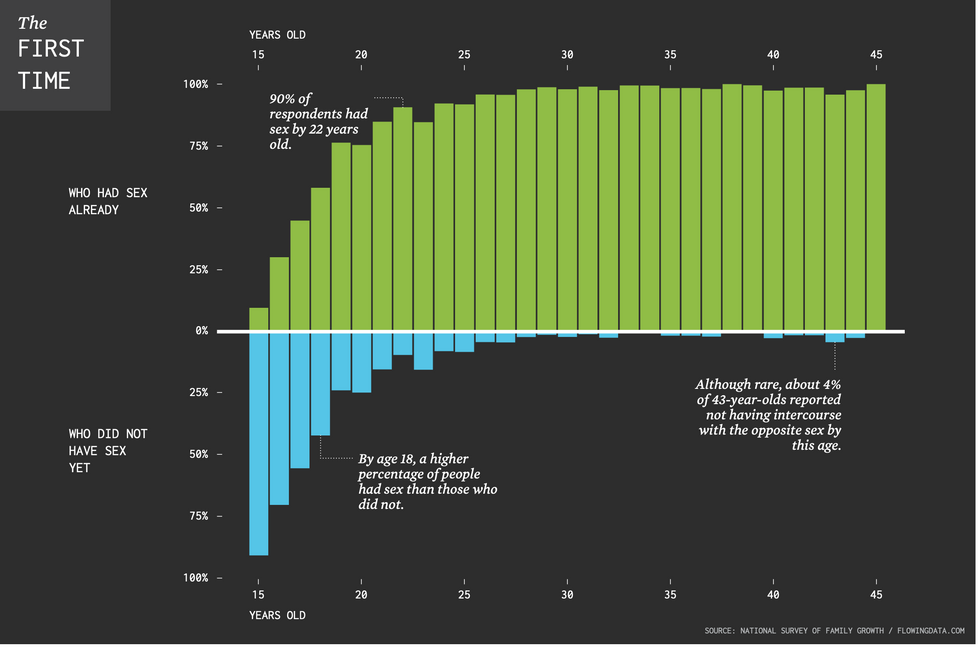Organ donations save lives every year. According to the Donor Alliance, over 100,000 people await an organ transplant in the U.S. right now. "Every 8 minutes, someone is added to the national organ transplant waiting list," the organization says. People need help, and about 170 million Americans are registered organ donors.
And yet, an overwhelming number of people have rapidly removed themselves from that list. It's called "leaving their rolls." After the New York Times published stories that were critical of the nation's transplant system, there was a 700% increase in removals, according to the nonprofit organization Donate Life America.
The AOPO accuses the Times of influencing people
The Association of Organ Procurement Organizations (AOPO) accused the paper of influencing the mass exodus. The AOPO represents 46 federally designated nonprofit entities involved in organ donation and criticizes the "irresponsible reporting" of the media, specifically the Times, for a "lack of balance and accuracy" in their investigations. A 2025 article in Newsweek covering the controversy said the AOPO sent letters to three Times editors detailing inaccuracies in recent articles.
One AOPO letter acquired by Newsweek reads: "The integrity of the organ donation and transplantation system depends on strict adherence to clinical policies and safeguards designed to protect patients. Any situation that calls this into question deserves thorough review, accountability, and continuous efforts to strengthen the system...These stories have directly led to the biggest increase in people removing themselves from donor registries ever recorded, putting patients waiting for transplants at greater risk...This is the largest spike in registry removals ever recorded in the history of organ donation in the U.S."

The New York Times defends its coverage
A spokesperson for the Times, Naseem Amini, told Newsweek: "Our deep body of work on this issue repeatedly points out that organ transplants save lives, but to ignore the problems found in the system, which have been reported fairly and accurately, would go directly against our mission to deliver independent journalism. Our reporting reflects the accounts of dozens of people involved in the organ transplant system and includes a thorough review of internal records, audio recordings and text messages that have been rigorously fact-checked."
Amini went on to claim that the paper's findings had been confirmed by transplant system officials and congressional investigations.
Media coverage can cause people to rethink donating their organs
This isn't the first time negative media coverage has caused a downturn in organ donation. A 2024 AP story found that media reporting on a Kentucky man mistakenly declared dead—and almost having his organs removed—led to a spike in people removing themselves from donor registries. A 2024 story by AOPO said harmful narratives and misinformation in media and congressional hearings damaged public trust in the donation system.

Regardless of negative media coverage, organ donations are crucial to public health
According to a 2025 article by the United Network for Organ Sharing, the U.S. carried out 48,149 organ transplants in 2024, a record high. That life-saving work was made possible by the gifts from 16,988 deceased donors and 7,030 living donors.
Advancements in science, meanwhile, have allowed for an expansion of the donor pool. Researchers from Johns Hopkins Medicine suggest that using kidneys from deceased donors who previously had dialysis could be used safely: "Recent studies suggest there might not be much long-term difference between how the organ recipient’s body responds to a deceased donor kidney exposed to dialysis prior to transplant surgery and a diseased donor kidney not exposed to dialysis before transplant surgery."
A 2025 study in medRxiv, a non-profit organization dedicated to advancing research in the health sciences, investigated how heart transplant patients view their quality of life after transplant. It found that most patients describe the process of receiving a transplant as a beautiful experience. They thought the recovery process to be longer than expected and full of moments of stress from immunosuppressive treatments, episodes of rejection, and other complications. But all participants in the study described the healthcare team providing care to be professional, attentive, and like a second family.

The Times has a responsibility to inform the public on issues it finds important. Those involved with organ donation have every right to defend themselves. No matter the final outcome, let's hope that people in need of medical care receive the best available.



















 36 is the magic number.
36 is the magic number. According to one respondendant things "feel more in place".
According to one respondendant things "feel more in place". 
 Some plastic containers.Representational Image Source: Pexels I Photo by Nataliya Vaitkevich
Some plastic containers.Representational Image Source: Pexels I Photo by Nataliya Vaitkevich Man with a plastic container.Representative Image Source: Pexels | Kampus Production
Man with a plastic container.Representative Image Source: Pexels | Kampus Production
 Canva
Canva It's easy to let little things go undone. Canva
It's easy to let little things go undone. Canva
 Photo by
Photo by 
 Teens are waiting longer than at any point in the survey’s history. Canva
Teens are waiting longer than at any point in the survey’s history. Canva Chart on the age of a person’s first time having sex.National Survey of Family Growth/flowing data.com | Chart on the age of a person’s first time having sex.
Chart on the age of a person’s first time having sex.National Survey of Family Growth/flowing data.com | Chart on the age of a person’s first time having sex.
 Kids know the good adults from the bad.
Kids know the good adults from the bad.